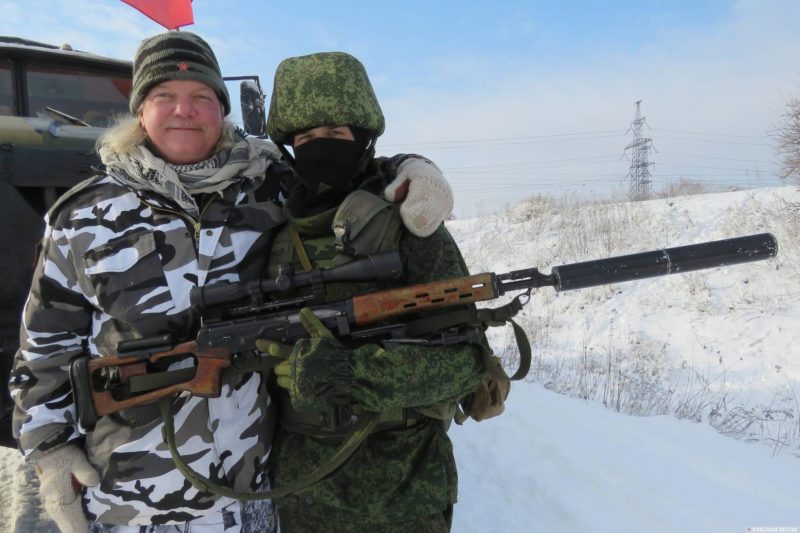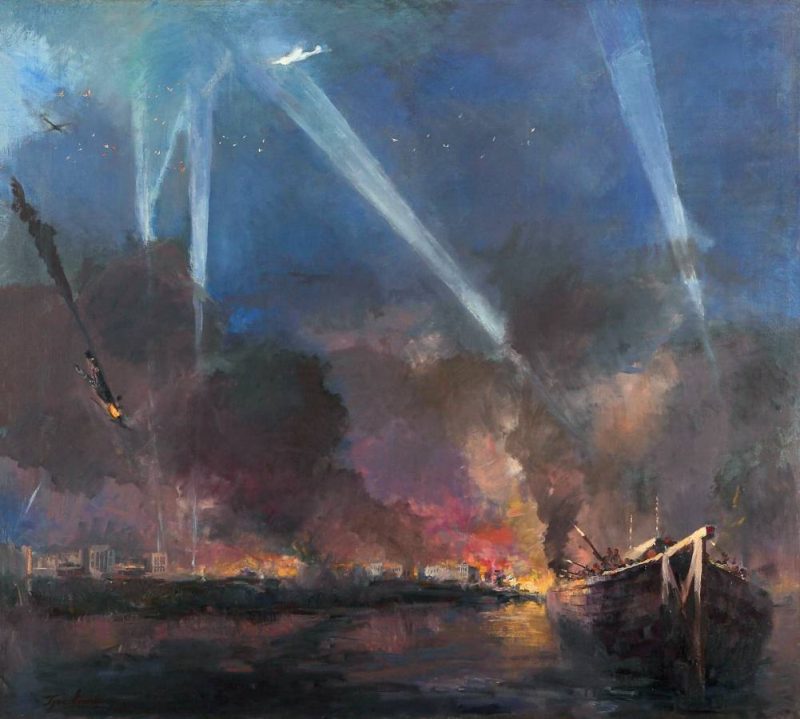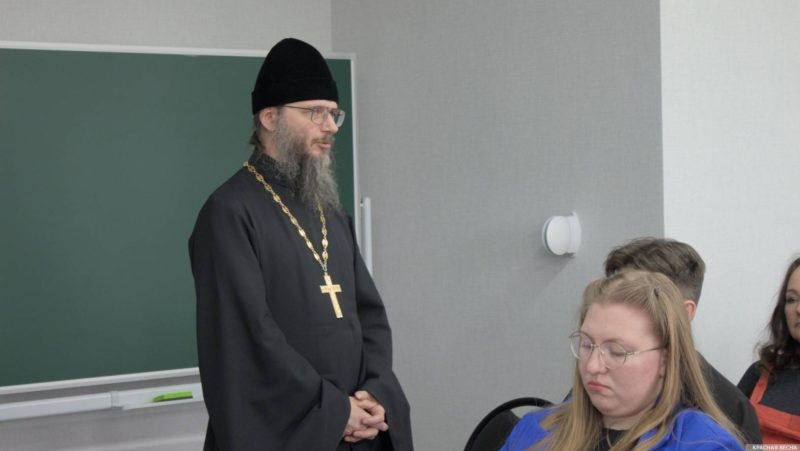05.10.2021, Moscow.
The unification of Russia and Belarus will be confronted by the Baltic-Polish and Ukrainian-Turkish alliances led by the UK, said philosopher, political scientist, the leader of the Essence of Time movement Sergey Kurginyan during the broadcast on the Objectively program on the Belarusian ONT TV channel on September 29.
“But such an alliance between Russia and Belarus will face enormous opposition. And the axis of confrontation will be the UK-led Baltic-Polish alliance, and the southern alliance between Ukraine and Turkey, which Moldova will be forced into as well. And it is not clear how far the confrontation with Russia will spread. What will happen in Central Asia and the Caucasus?” said Kurginyan.
“The situation is very dangerous. And, while the US, especially under Biden, is a somewhat sluggish element of this construction, the UK will not be so sluggish. Among other things, the UK definitely needs to muffle China if it wants to preserve its dominance in the field of finances. The UK is a financial center,” added the political scientist.
On September 12, Dmitry Peskov, Press Secretary for the President of Russia, in an interview to the Belarusian ONT TV channel said that at the moment there were no agreements on the political integration between Russia and Belarus. However, according to him, integration that is much closer than economic is possible if it turns out to be beneficial for both countries.
On September 12, Alexander Lukashenko, President of Belarus, while at an award ceremony recognizing the distinguished servicemen involved in the Belarusian-Russian military exercises “West-2021”, said that new risks are emerging on the west of the Union State, and the situation is aggravating. He pointed to the threat of “an ongoing hybrid aggression from the West aimed at Belarus and Russia.“
Background
The treaty on the creation of a Union State between Russia and Belarus was signed on April 2, 1997. The document was actively promoted by the Belarusian leader Alexander Lukashenko. The parties planned to unite the legislative framework, authorities, as well as currency and the market.
The integration process started to slow down due to political and economic differences. In particular, the President of Belarus has repeatedly made statements in regards to the risk of losing state sovereignty, allegedly, under pressure from Russia. He also accuses Moscow’s unwillingness to eliminate customs duties.
Trading Russian oil and gas at preferential prices is another important issue of bilateral relations between Russia and Belarus. Meanwhile, the political system in Belarus and its stability under the leadership of President Alexander Lukashenko largely depends on the subsidies built in the cost of Russian hydrocarbons.
In recent years, there has also been a noticeable worsening in Lukashenko’s political rhetoric, who was prepared to refer to the Great Patriotic War as to a “foreign” war in Belarus. On the one hand, the Belarusian leader declares brotherhood with Moscow and the unity among the people, while on the other hand, each year he aggravates the controversy around the Union State treaty and oil and gas prices.
Both trends in behavior are aimed at extending the powers of Lukashenko himself, in particular through supporting economic stability at the expense of Russian discounts.
Source: Rossa Primavera News Agency




